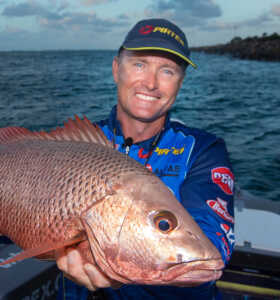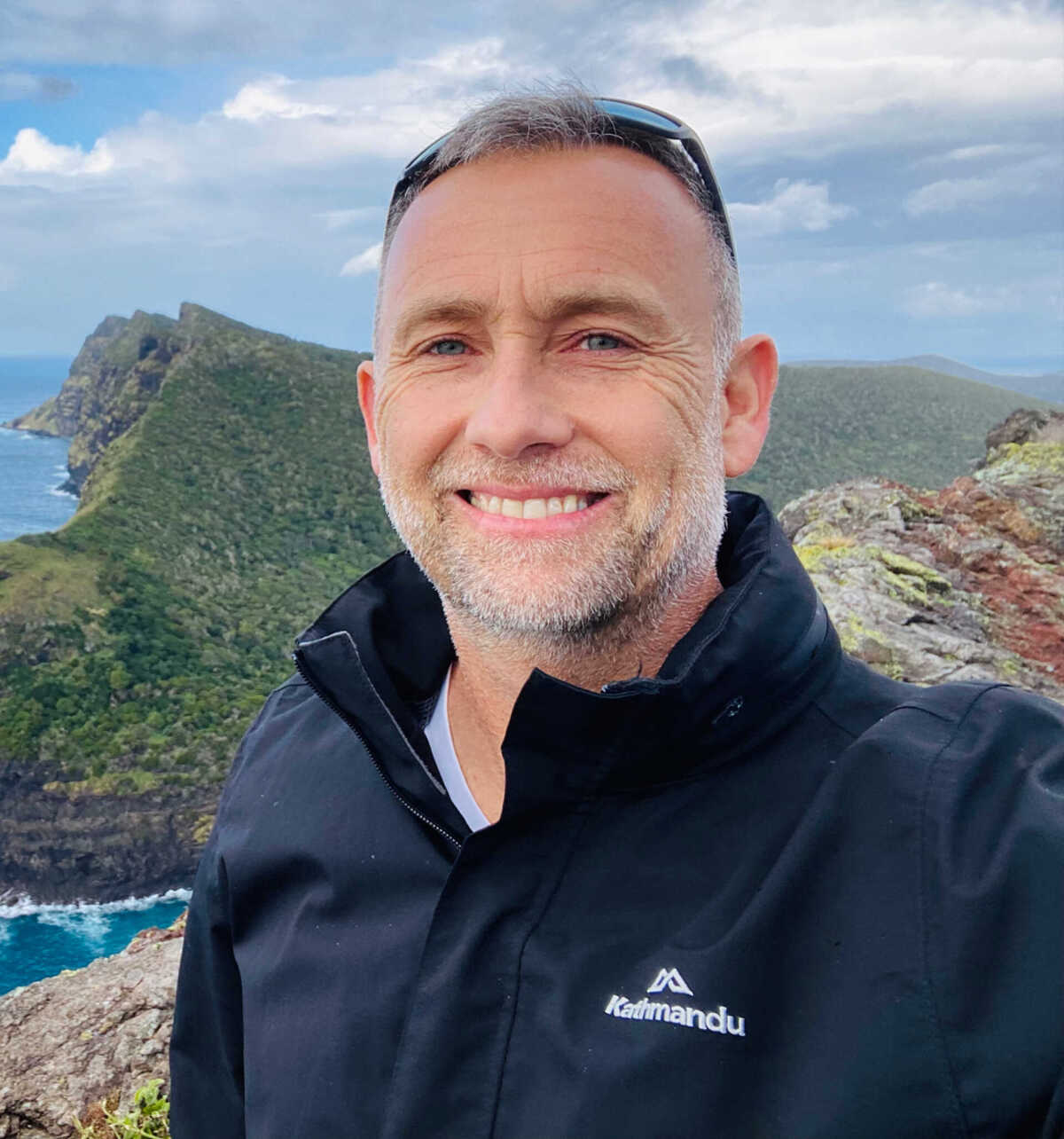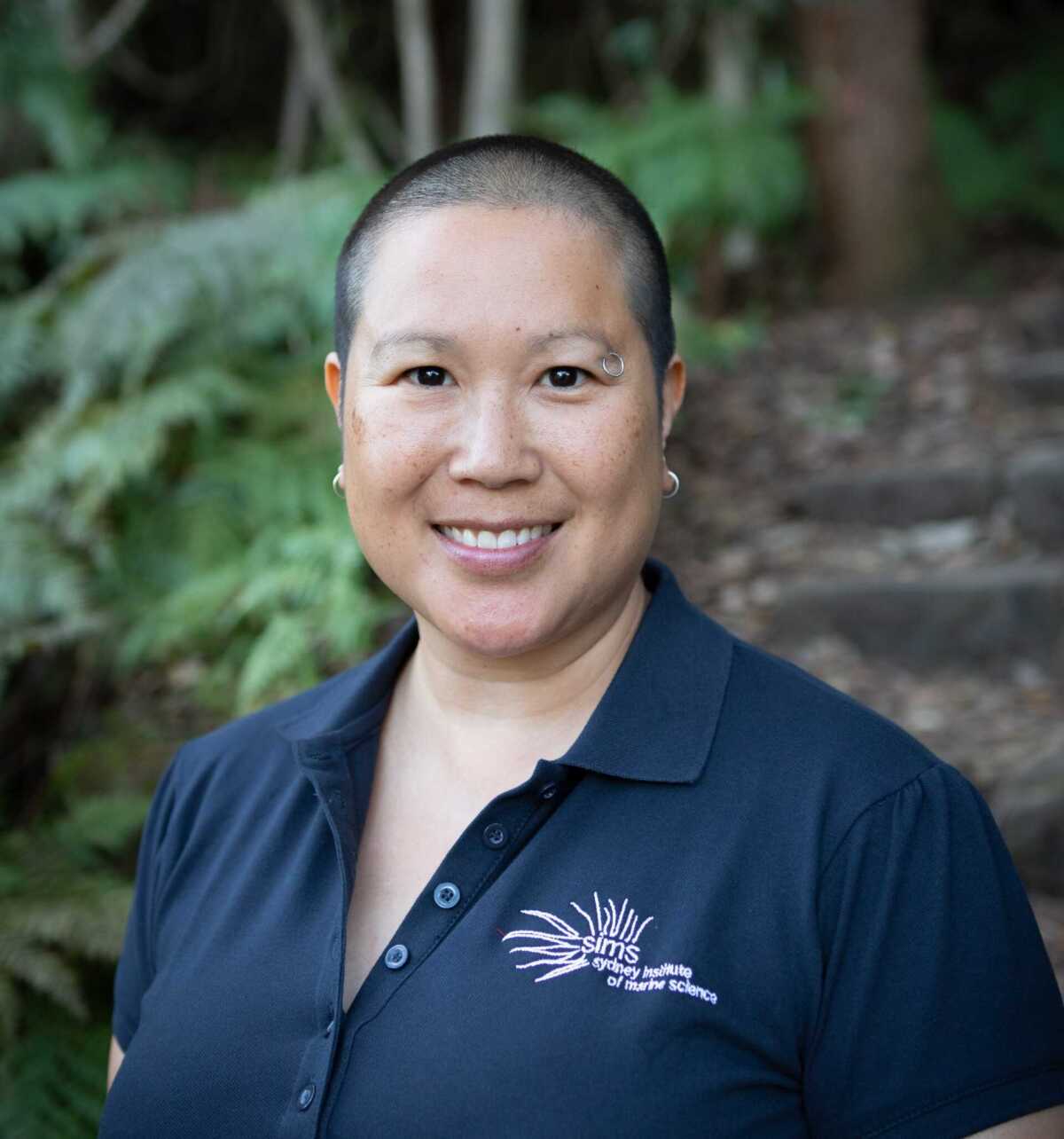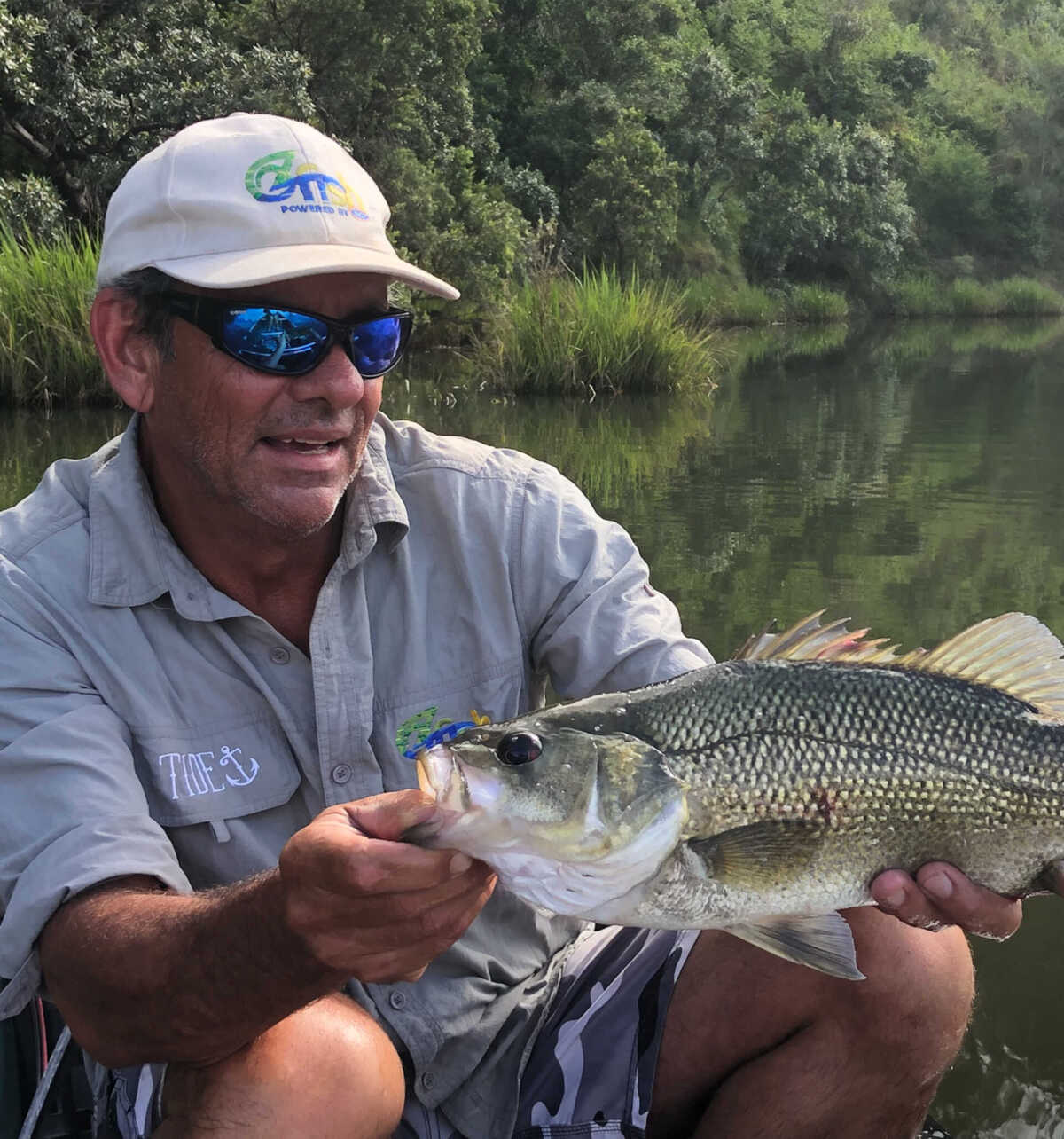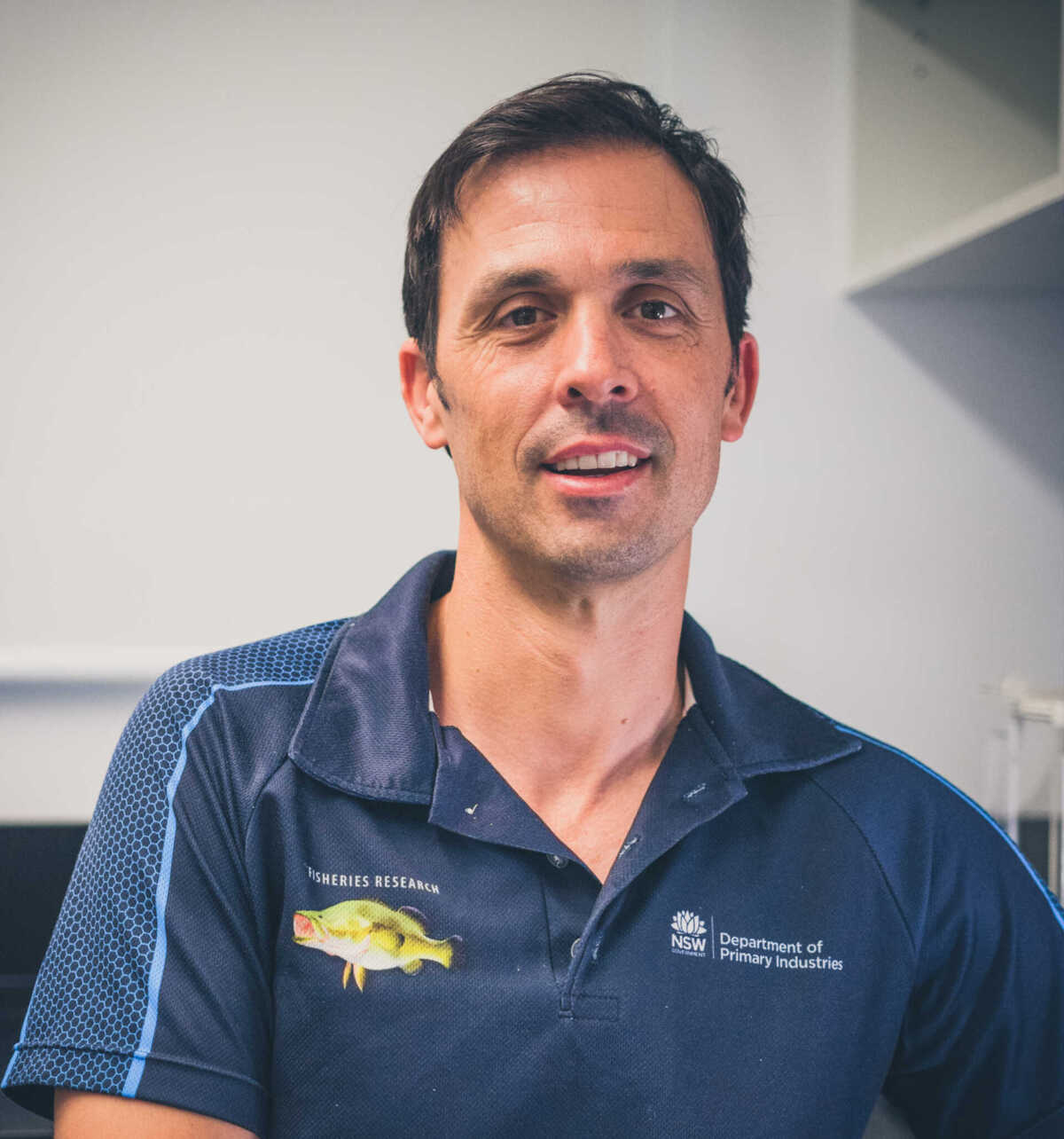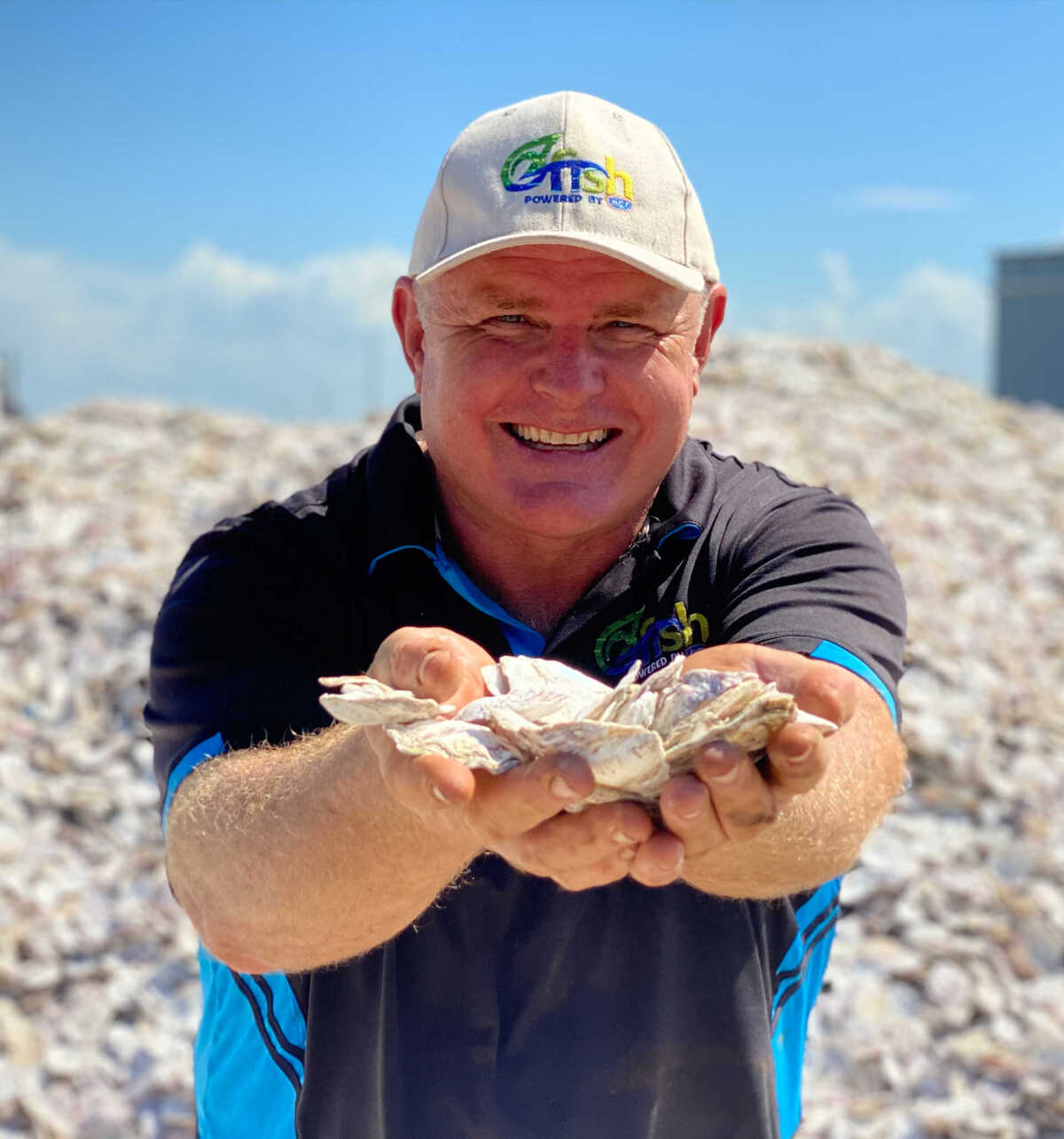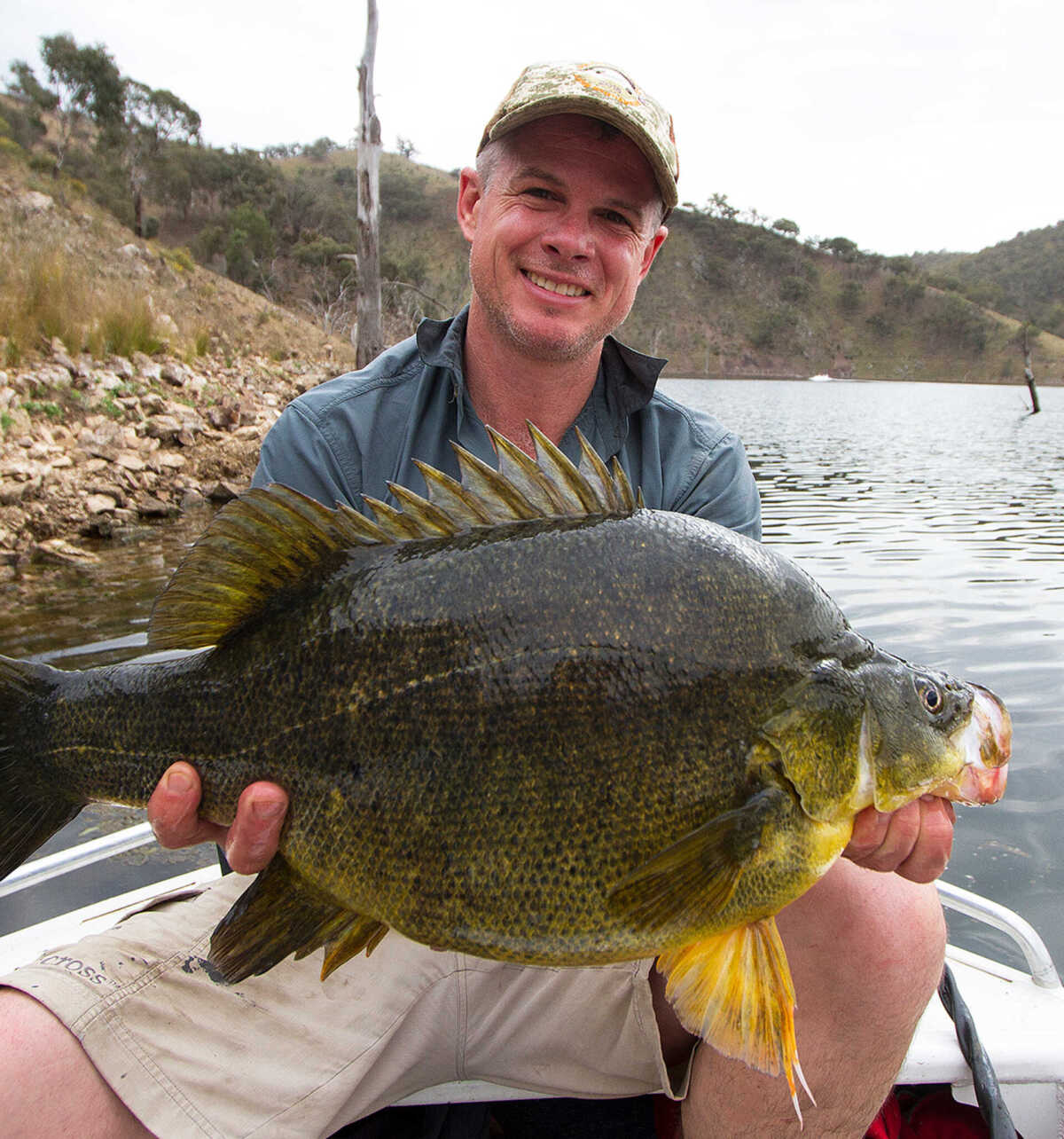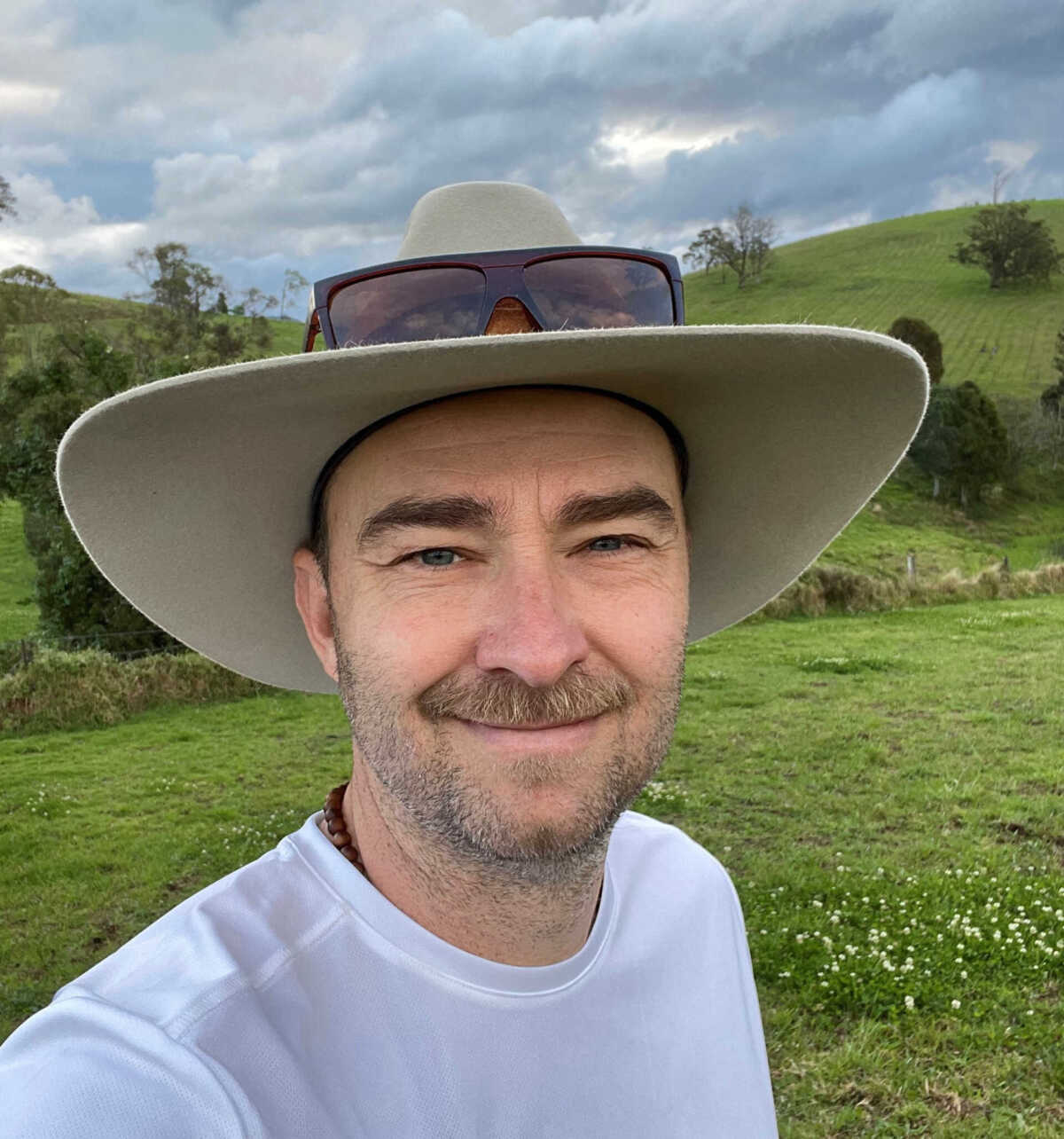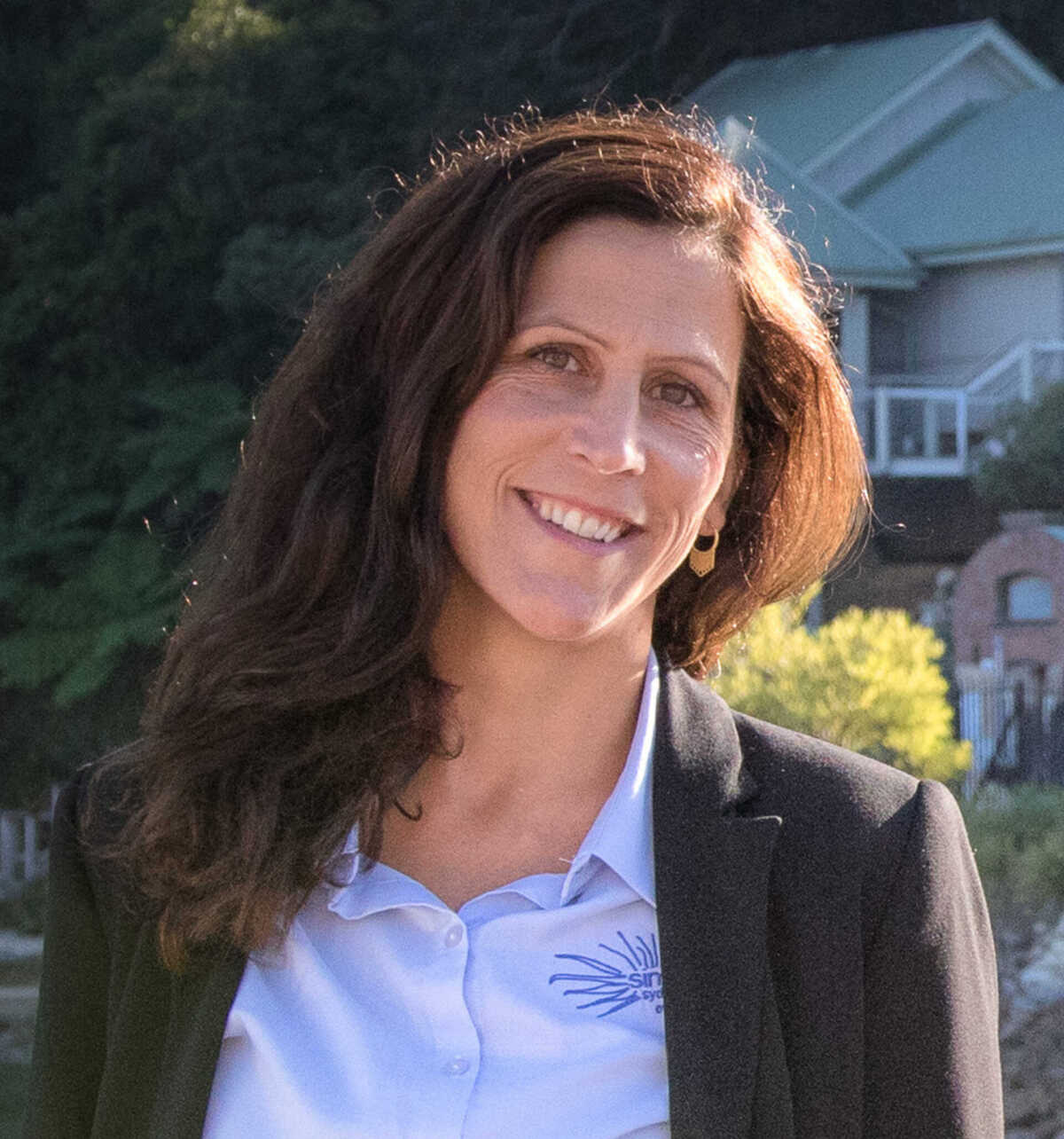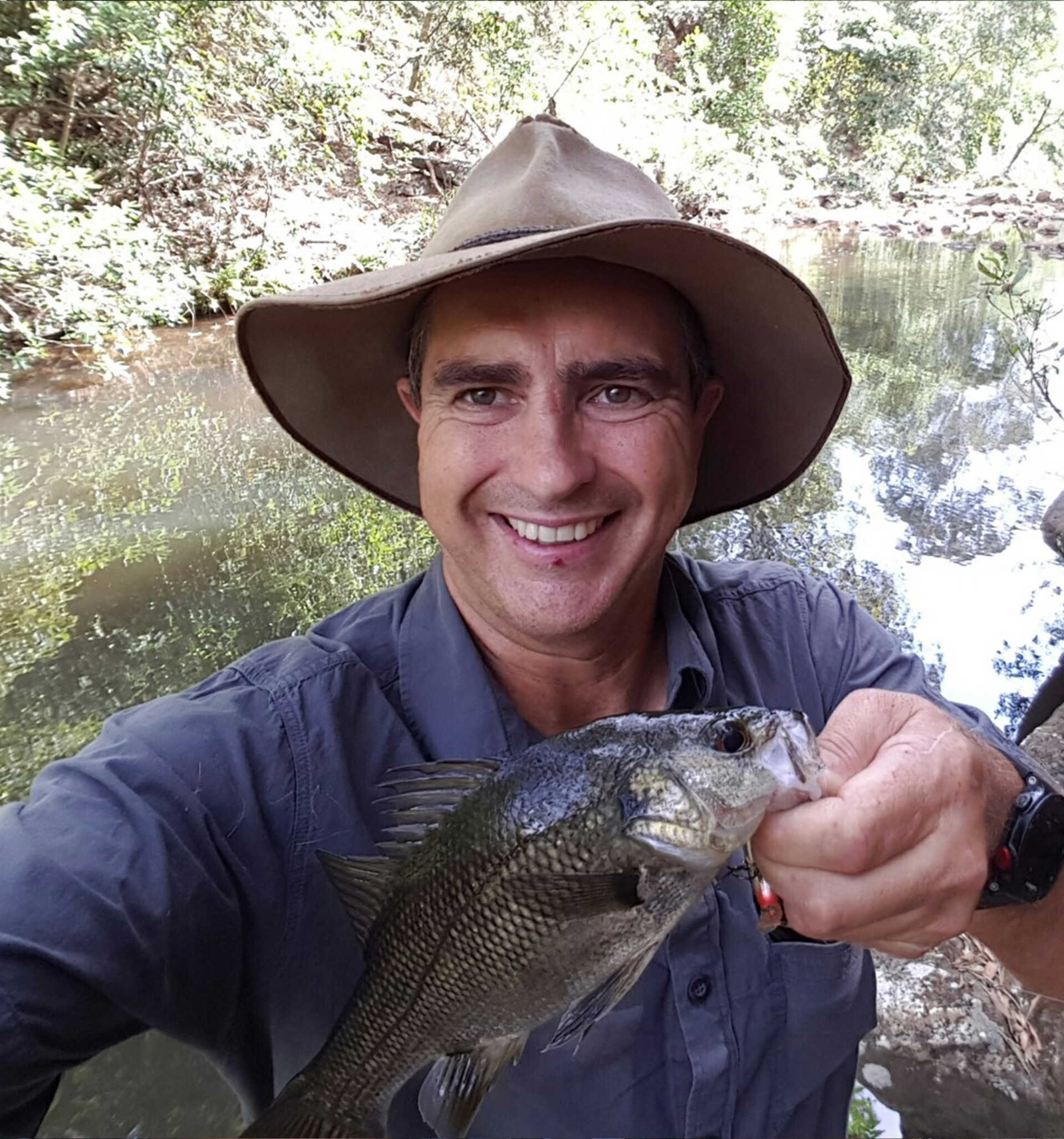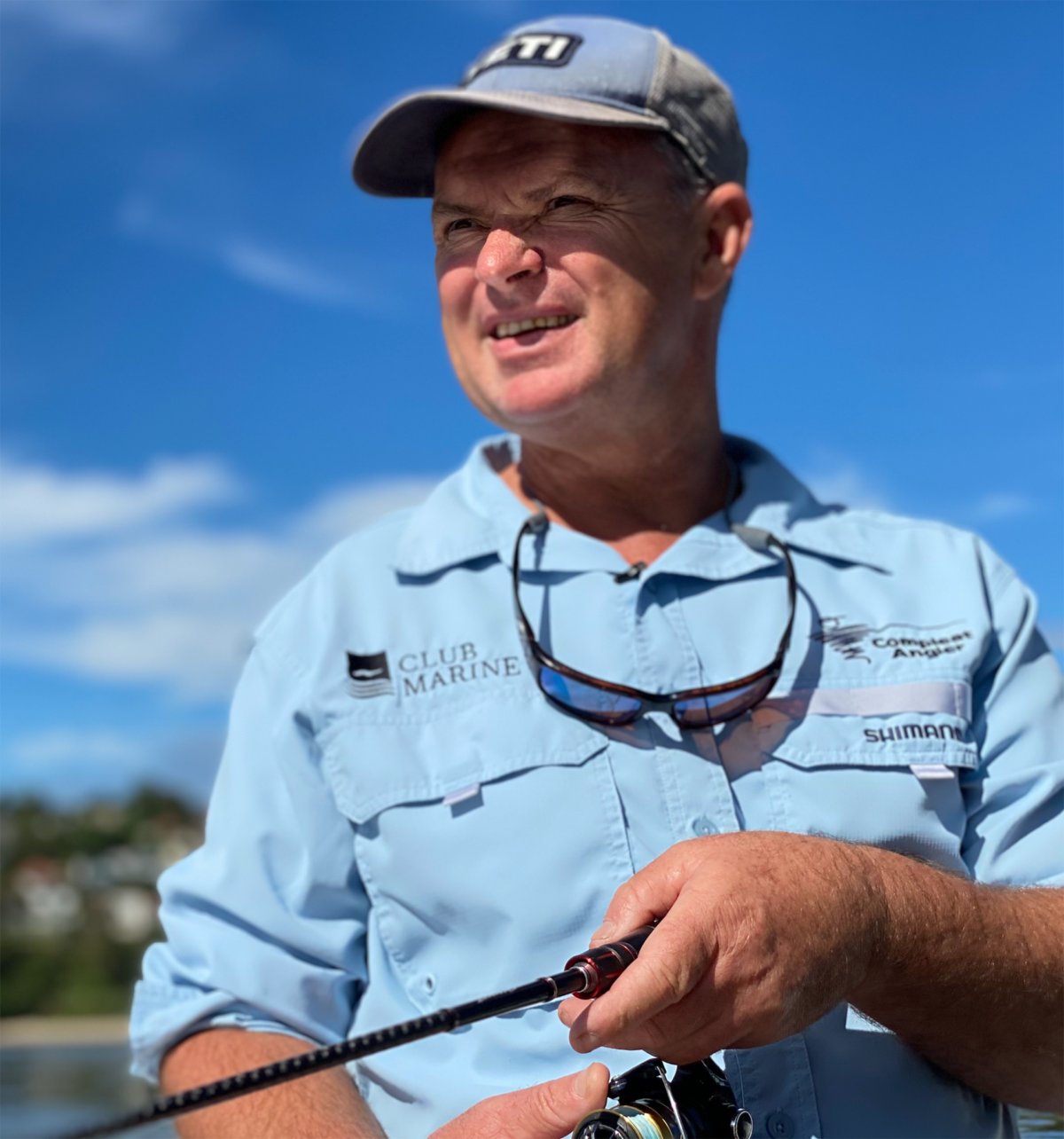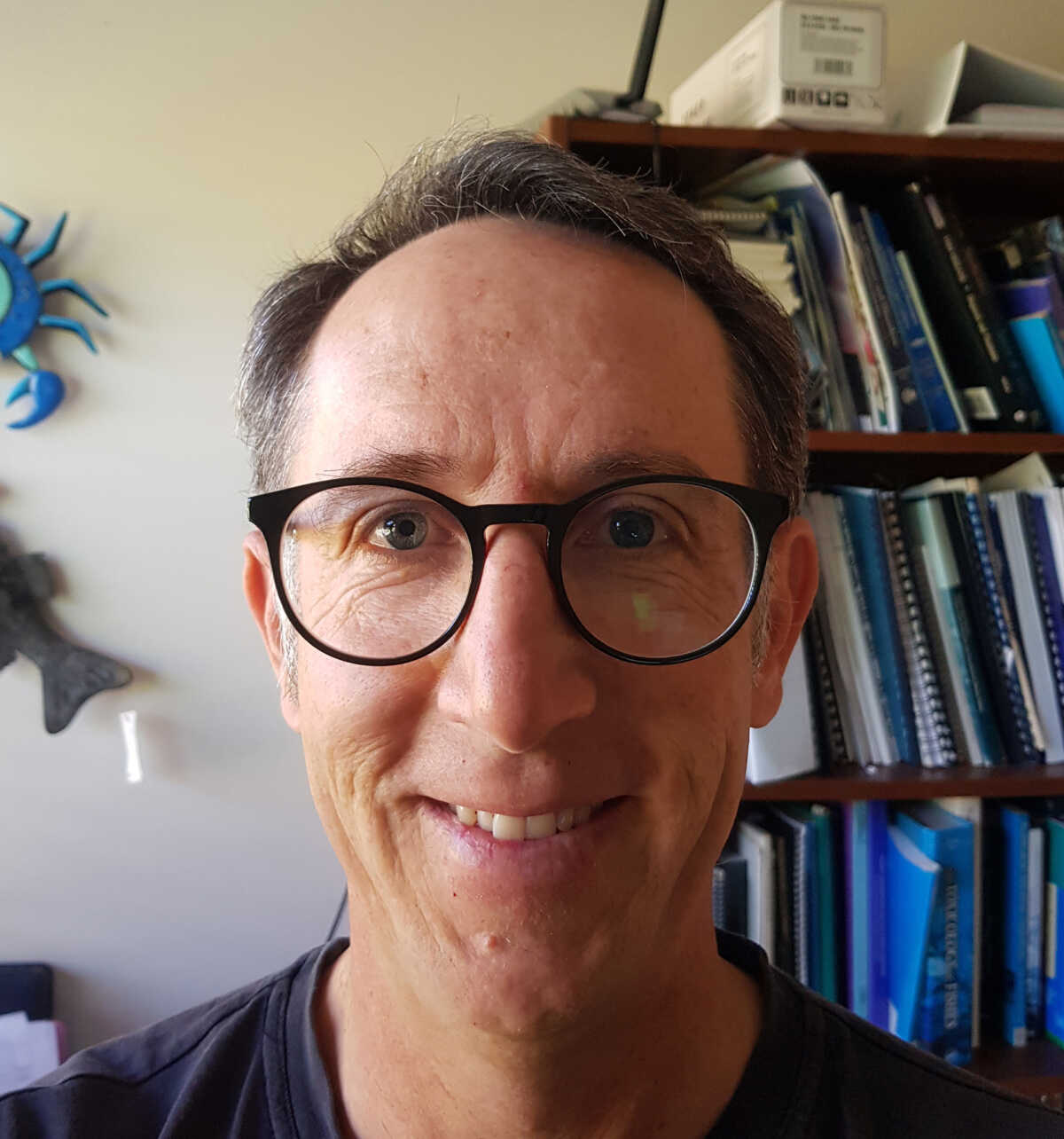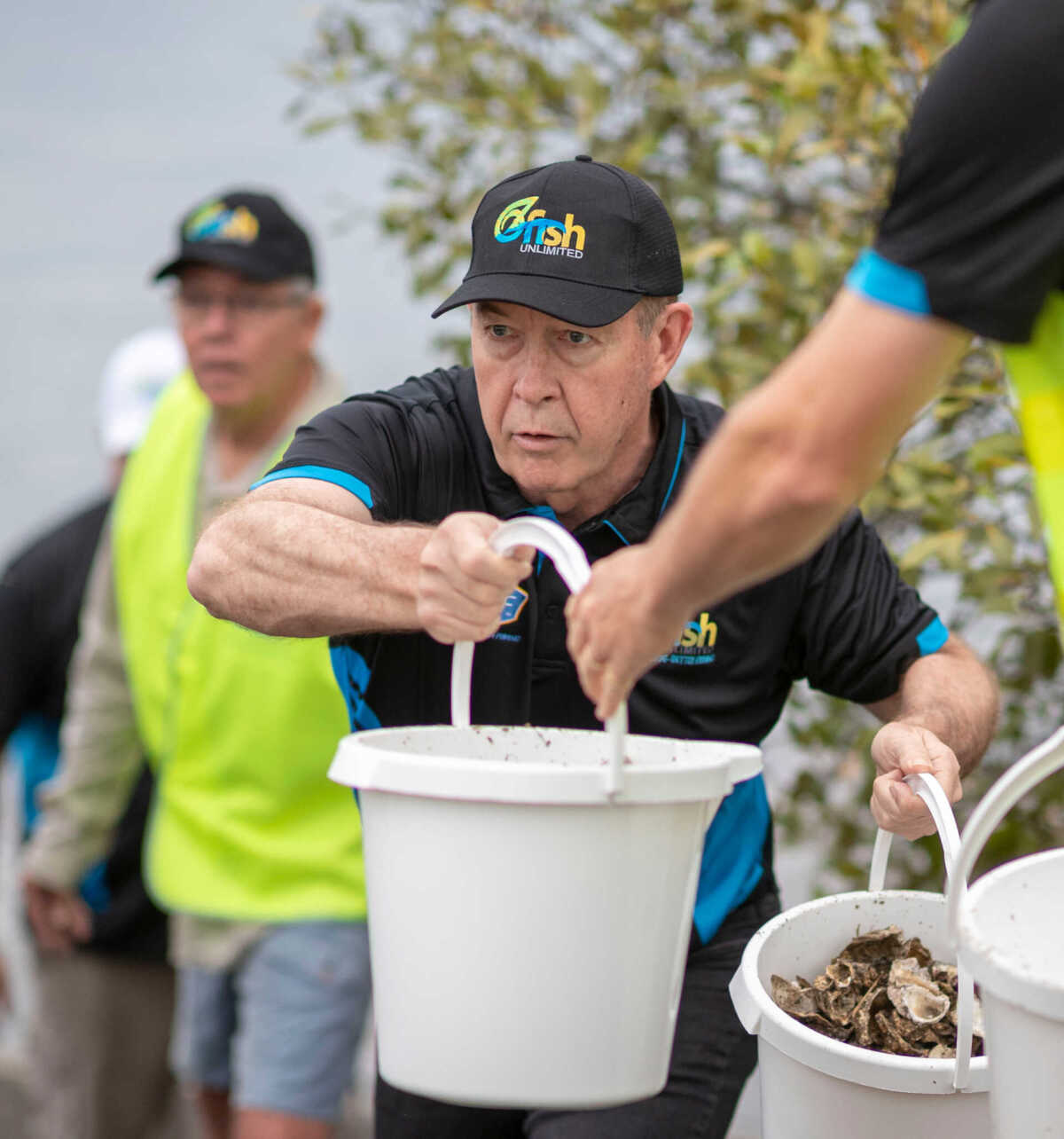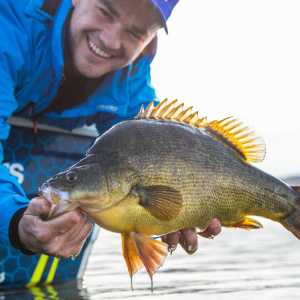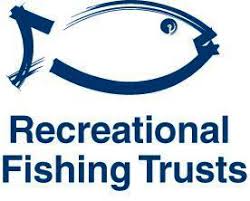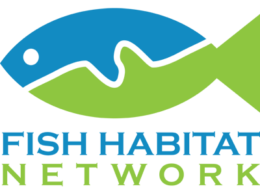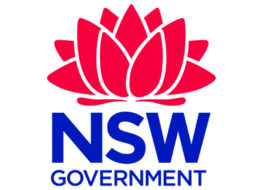OCT 11 2022 | Newcastle to host major recreational fishing conference
Leading figures from fisheries research and the recreational fishing community will gather at the Newcastle Exhibition and Convention Centre (NEX) next month to share knowledge and ideas about the latest developments in fish habitat. The 2022 Fishers for Fish Habitat Forum will take place on 25 and 26 November and tickets for the free event are available now. The event is funded through the NSW Recreational Fishing Trusts and is presented by the Fish Habitat Network. The forum will feature a range of expert speakers and site visits to nearby locations that showcase what is being done to secure the future of fishing. OzFish, Australia’s recreational fishing charity, is an event

